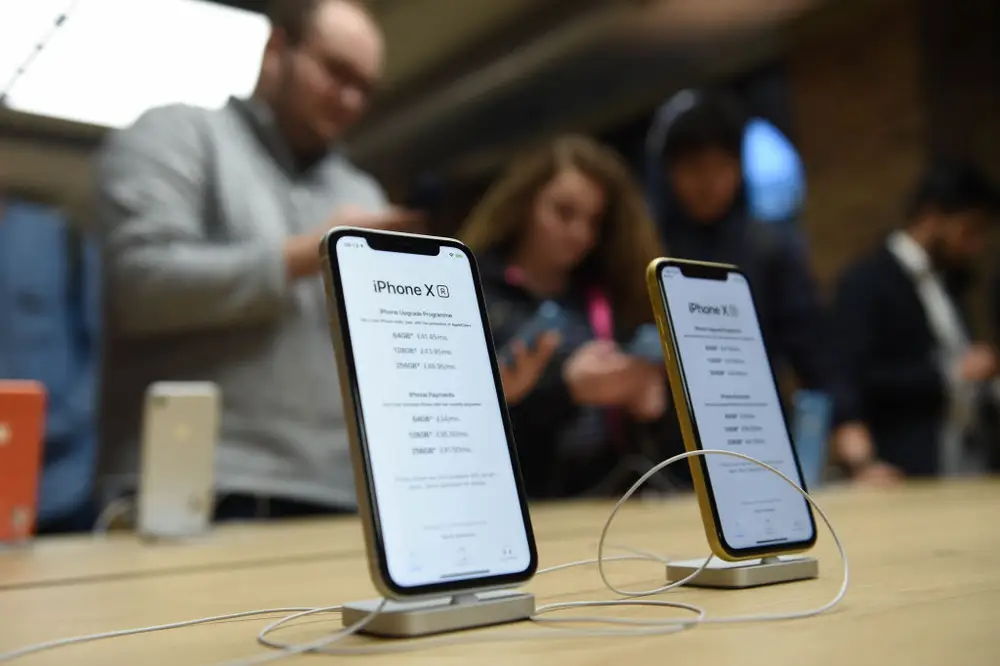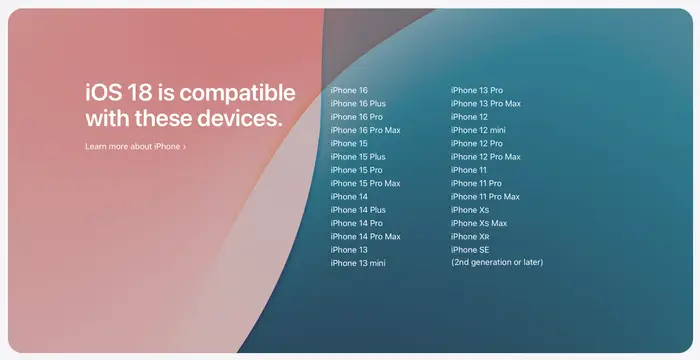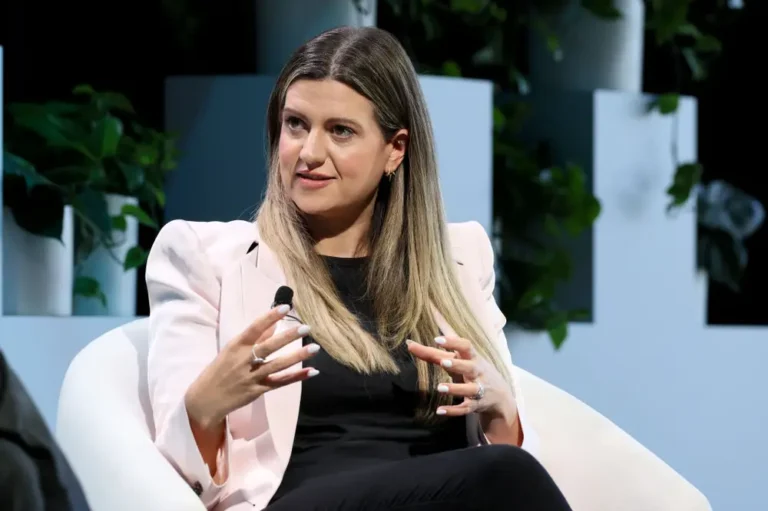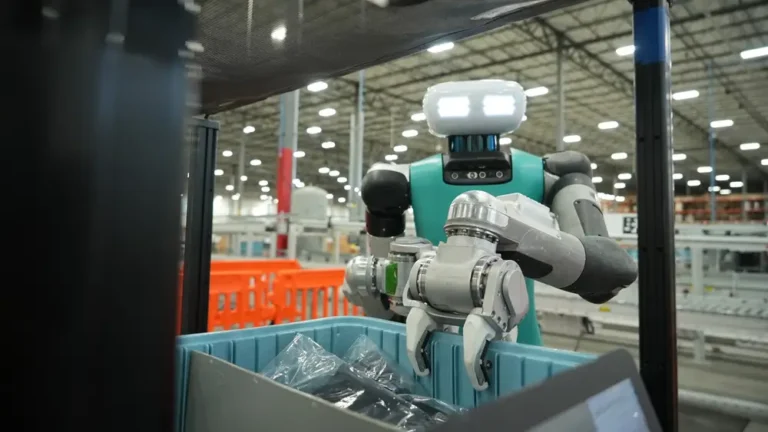Apple now supports a ridiculous number of old iPhones. Here’s why.

Customers checking out Apple’s iPhone XR at an Apple store.
When Apple launched the iPhone XR, COVID-19 hadn’t arrived yet and most of us wore masks only on Halloween.
That iPhone model came out in September 2018, a whole six years ago. And on Monday, Apple committed to supporting this device for another year, so it will work for at least seven years.
Apple usually makes some old iPhone models obsolete every year by dropping software support. Last year, Apple stopped supporting three iPhones. The year before that, even more models went kaput. This is great for revenue because most users upgrade and pay $500 or more. It’s known as the “upgrade cycle” and investors love it.
This year, though, Apple did the opposite. It didn’t make any iPhones obsolete. The new iOS 18 supports the same older devices that iOS 17 did. The company now supports an incredible 28 iPhone models (counting the second and third generations of the iPhone SE).

Apple iPhones that are compatible with iOS 18.
Does Apple not want billions of dollars in juicy “upgrade cycle” revenue? Or is it just being kind? That’s part of it. Apple cares deeply about what users think about its technology. Bricking loads of iPhones every year would go down badly.
There’s more to it, though.
The company is slowly rolling out artificial-intelligence features for some of its newest iPhones. But this Apple Intelligence won’t be fully available until 2025.
Meanwhile, Google and Samsung already have Android smartphones on the market that offer way more AI features.
If Apple made two or three old iPhones obsolete right now, there would be millions of consumers out there looking to buy a new smartphone. What if some of these people decided to try an Android device to check out the new AI bells and whistles?
Losing even a small percentage of these old-iPhone users to Android would be a blow to Apple. The company has been gaining users in recent years, so keeping them all on its iOS platform is paramount.
“Apple wants no defections,” Dan Ives, a tech analyst at Wedbush Securities, told me on Monday.
Some Android-handset makers have also been making big promises when it comes to device support. Earlier this year, Samsung said it would provide software updates for its Galaxy phones for seven years, and Apple has matched this pledge, at least for now.
If Apple can pull it off, the full Apple Intelligence features will be coming in 2025. That’s when a major upgrade cycle is possible for the company.
Apple Intelligence will work only on the new iPhone 16 models and the iPhone 15 Pro and 15 Pro Max. If these features are really compelling, there may be a genuine reason for users to swap out old phones next year.
“They want to keep everyone on, and then the upgrades to Apple Intelligence begin,” Ives said. “It’s about changing the pattern this time. The biggest upgrade cycle in Apple’s history is on deck.”






